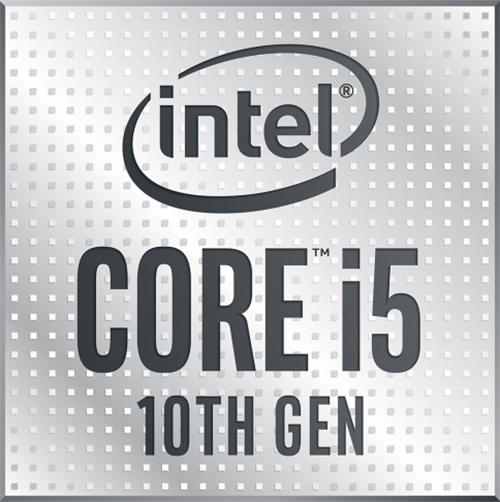

Easily create, edit, and share 4K content and enjoy immersive experiences with latest 11th generation Intel® Core™ i5 processors featuring built-in AI and Wi-Fi 6.
You can download the full specification sheet for this processor from our Documentation section (just above):
Comms Express Part No INTBX8070110500:
Model
Intel® Core™ i5-10500 Processor (12M Cache, up to 4.50 GHz)
Product Collection
10th Generation Intel® Core™ i5 Processors
Processor Number
i5-10500
Processor Base Frequency
3.1 GHz
Max Turbo Frequency
4.5 GHz
Cache
12 MB Intel® Smart Cache
Bus Speed
8 GT/s
TDP
(Thermal Design Power)
65 W
Max Memory Size
(dependent on memory type)
128 GB
TJUNCTION
100°C

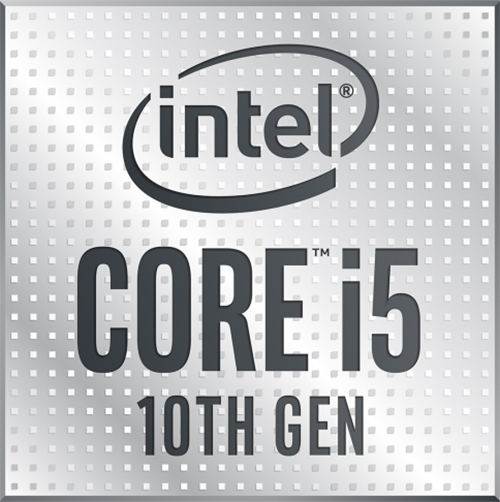

Easily create, edit, and share 4K content and enjoy immersive experiences with latest 11th generation Intel® Core™ i5 processors featuring built-in AI and Wi-Fi 6.
You can download the full specification sheet for this processor from our Documentation section (just above):
Comms Express Part No INTBX8070110400:
Model
Intel® Core™ i5-10400 Processor (12M Cache, up to 4.30 GHz)
Product Collection
10th Generation Intel® Core™ i5 Processors
Processor Number
i5-10400
Processor Base Frequency
2.9 GHz
Max Turbo Frequency
4.3 GHz
Cache
12 MB Intel® Smart Cache
Bus Speed
8 GT/s
TDP
(Thermal Design Power)
65 W
Max Memory Size
(dependent on memory type)
128 GB
TJUNCTION
100°C

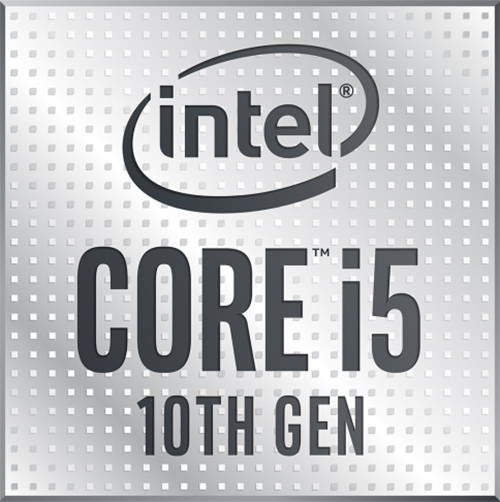

Easily create, edit, and share 4K content and enjoy immersive experiences with latest 11th generation Intel® Core™ i5 processors featuring built-in AI and Wi-Fi 6.
You can download the full specification sheet for this processor from our Documentation section (just above):
Comms Express Part No INTBX8070110600:
Model
Intel® Core™ i5-10600 Processor (12M Cache, up to 4.80 GHz)
Product Collection
10th Generation Intel® Core™ i5 Processors
Processor Number
i5-10600
Processor Base Frequency
3.3 GHz
Max Turbo Frequency
4.8 GHz
Cache
12 MB Intel® Smart Cache
Bus Speed
8 GT/s
TDP
(Thermal Design Power)
65 W
Max Memory Size
(dependent on memory type)
128 GB
TJUNCTION
100°C

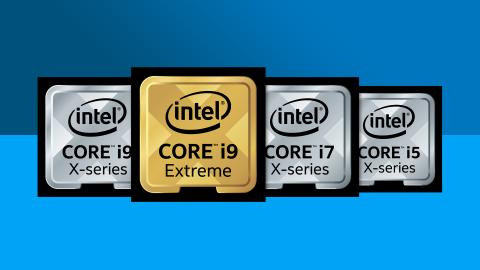
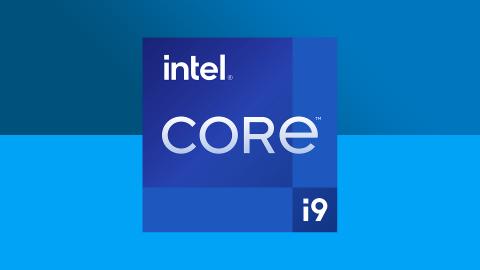
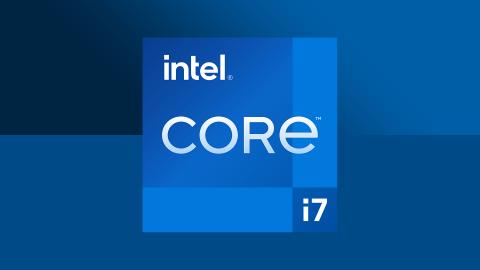
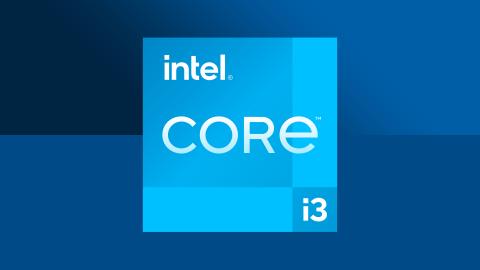
- Review: The 10 Best Wireless Access Points
- Review: The Top 10 Best Ethernet Cables
- What Is An Ethernet Cable And What Does It Do?
- 10 Best CCTV Security IP Cameras For Home & Business
- Review: Best Powerline Adapters In The UK
- Celebrating 20 Years Of Comms Express!
- The Top 10 DrayTek Wireless Access Points
- Best Selling APC Products At Comms Express
- Review: Top 5 Best Performing APC Uninterruptible Power Supply Units (UPS)
- Review: Top 10 Best PDU’s













